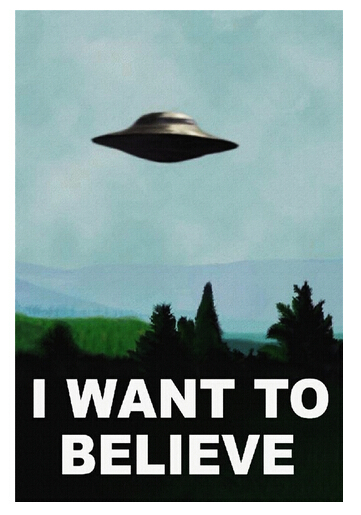It might be an interesting psychology experiment to investigate how well people actually do remember things they think they know quite well!
Probably been done. There's a whole lexicon of work on the unreliability of memory. In the USA they've discovered that in identity parades, even
suggesting that the perpetrator is in the line-up will 'force' an identification. Once it's made, the witness will, having reinforced his own recall, back-fill and believe the person picked out really was the perp and swear to it and 100% believe it himself. Trouble is, this has been wrong more than once.
The brain uses a series of schemes or frames to interpret an object in the 'frame'. So for example, the brain identifies a tool bench and start to categorise objects on it as tools. Something which looks like a tool (but isn't) is likely to be mis-categorized. The example I saw recent was a hair-drier on a tool bench, 'seen' as a drill.
In the end the brain interprets the information from the eyes based on context (where you are, what general frame are you looking at) and stored information on previous examples or similar examples. Which you might have seen in book or pictures.
In short the brain interprets what it 'sees' based on these factors and the trouble is, this leads to people tending to see what they expect or want and believing 100% it's true and that they really saw it. Subsequent 'rememberings' only serves to reinforce the original memory, oft-times in error - a memory is reconstructed every time it is recalled and the content 'drifts'.
For myself, I use a number of metrics for evaluation of 'Fortean' things:
(1) Is it a first hand account or is there one available? If not, I seldom follow it up at all. Hearsay in effect.
(2) Does the first hand account sound like the witness is credible. Is it matter of fact. Does the witness have a vested interest is seeing what they saw?
(3) Is there any other evidence or corroboration? I'm wary of 100 people all saying they saw a UFO. This is NOT evidence for UFO's, this is evidence 100 people
thought they saw a UFO and 99 of them might have been disposed to interpret the flying thing as a UFO after the first one saw it.
(4) Is there photograph and video? Every bu88er and his wife has a phone now. It follows that there should be
tons of credible pictures and videos that are unmistakeably untampered with, quite amateur in appearance and defying reconstruction.
(5) How does the reporter react to any suggestion there is an alternative explanation? As soon as there is 'huff' I lose all interest.
(6) If it feels like a con, it's a con.
There you go. I want to believe, but am increasingly interested in why people see what they think they see and how social and environmental factors (or even the zietgiest) change what folk are disposed to see. Irish people see Leprechauns. In the Uk in the 20's and 30's people saw faeries. The Vikings of Iceland saw Elves (and still do). They all saw
something, it's down to interpretation.


